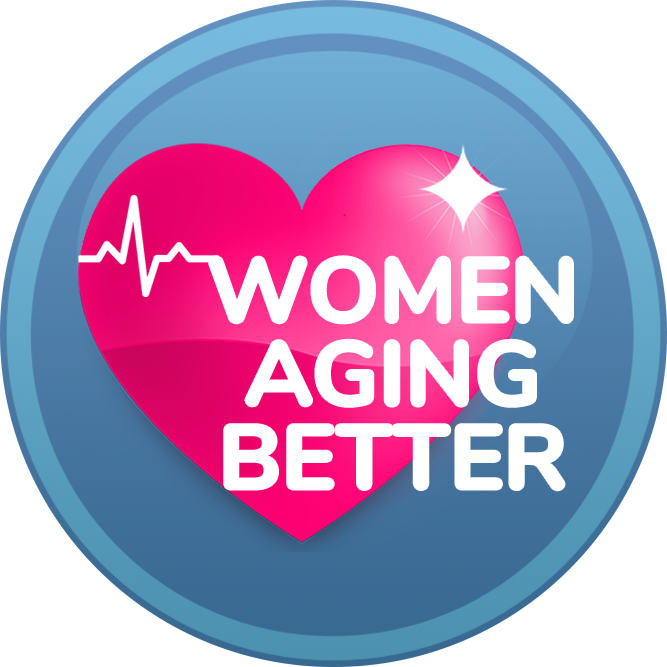How Much Protein Do You Need Post Menopause?
The average women will lose approximately one half of her muscle mass by the time she is 80 years old. That puts her at significant risk of falling and breaking bones.
If you’re reading this post, it’s very likely that you are NOT the average woman and you ARE committed to aging better. Part of that is knowing what you need to know to make it happen.
For starters, that “average woman” is sitting more and moving less as she ages and may not be getting adequate protein into her diet. Movement is essential to build muscle mass and protein is essential to feed our muscles and help them to grow.
More muscle equals more strength AND more fat burning.
The protein recommendations for women is just under one half of our body weight in grams of protein per day.
Meat, fish and dairy have high levels of protein, but they can also be very inflammatory, which leads to many of the diseases we are trying to avoid.
If you’re eating more plant-based foods with limited lean proteins from animal products, there may be some days that you fall a bit short on your protein needs, especially on those busy days you didn’t have quite enough time to prepare.
That’s where supplements come in. My go-to protein powder is the Orgain brand pictured below. I like it because:
It’s plant-based (whey protein powder is made from milk products and can cause inflammation).
It doesn’t have a lot of extra “junk” in in it.
The flavor is actually pretty good for a pea-protein, which is not the case for many of them.
My protein shake recipe:
1 cup of ice
1 cup of unsweetened almond milk
1 scoop of protein powder (1 serving is 2 scoops)
1 TBSP organic cacao
I mix these ingredients into a shaker bottle and then add 6-8 more ounces of water to fill the rest of the bottle.
Carey prefers to add a little bit of hot water to her cacao and protein powder mix to get the cacao to mix a little bit better. She also adds a splash of coffee for some mocha flavor.
You can also put everything into the blender for a better mix and add anything else you want. If you’re not drinking bone broth on a regular basis, a collagen supplement and maybe a bit of fruit for some extra vitamin C. The possibilities are limitless.
Final Notes:
Supplements are not designed to replace our foods on a daily basis, but they are great when we need them. Real (organic when possible) vegetables, fruits, lean protein and unprocessed foods are always better than supplements.
That being said, to use a protein shake as a meal replacement, use a full serving of protein powder and add a piece of fruit or some cut up vegetables to make a complete meal.


